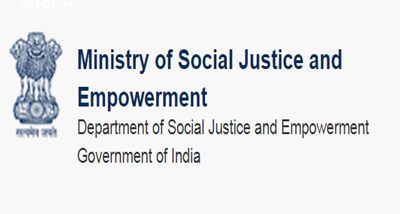The Ministry of Social Justice and Empowerment has incorporated the recommendations of Chintan Shivir 2025 into various welfare schemes to enhance efficiency, outreach and effectiveness, Union Minister of State B.L. Verma informed Rajya Sabha on Wednesday.
The Shivir, organised to review programme implementation, discuss challenges and share best practices among States and Union Territories, suggested measures such as auto-apply renewal of scholarships, digitisation of verification processes, biometric authentication, reducing disbursement delays, aligning scholarship timelines with academic calendars, and leveraging AI technologies.
The ministry has revised guidelines for Scheduled Caste scholarships and strengthened flagship schemes including the Pradhan Mantri Anusuchit Jaati Abhyuday Yojana (PM-AJAY), Scheme for Economic Empowerment of Denotified Tribes (SEED) and National Action for Mechanised Sanitation Ecosystem (NAMASTE).
Under PM-AJAY, the Adarsh Gram component will now cover all eligible villages with at least 40 per cent Scheduled Caste population and a total population of 500 or more.
In SEED, 2,000 new Self-Help Groups (SHGs) have been sanctioned in Gujarat, Uttar Pradesh, Maharashtra, Rajasthan and Madhya Pradesh, while the number of SHG bank accounts has risen from 1,814 in April 2025 to 3,000. Around 4.5 lakh Ayushman cards have also been distributed across seven states.
For NAMASTE, a new component has been added to provide upfront capital subsidy to private sector players for mechanised cleaning equipment. The per person subsidy for Sanipreneurs has also been enhanced to 50 per cent of the unit cost.














